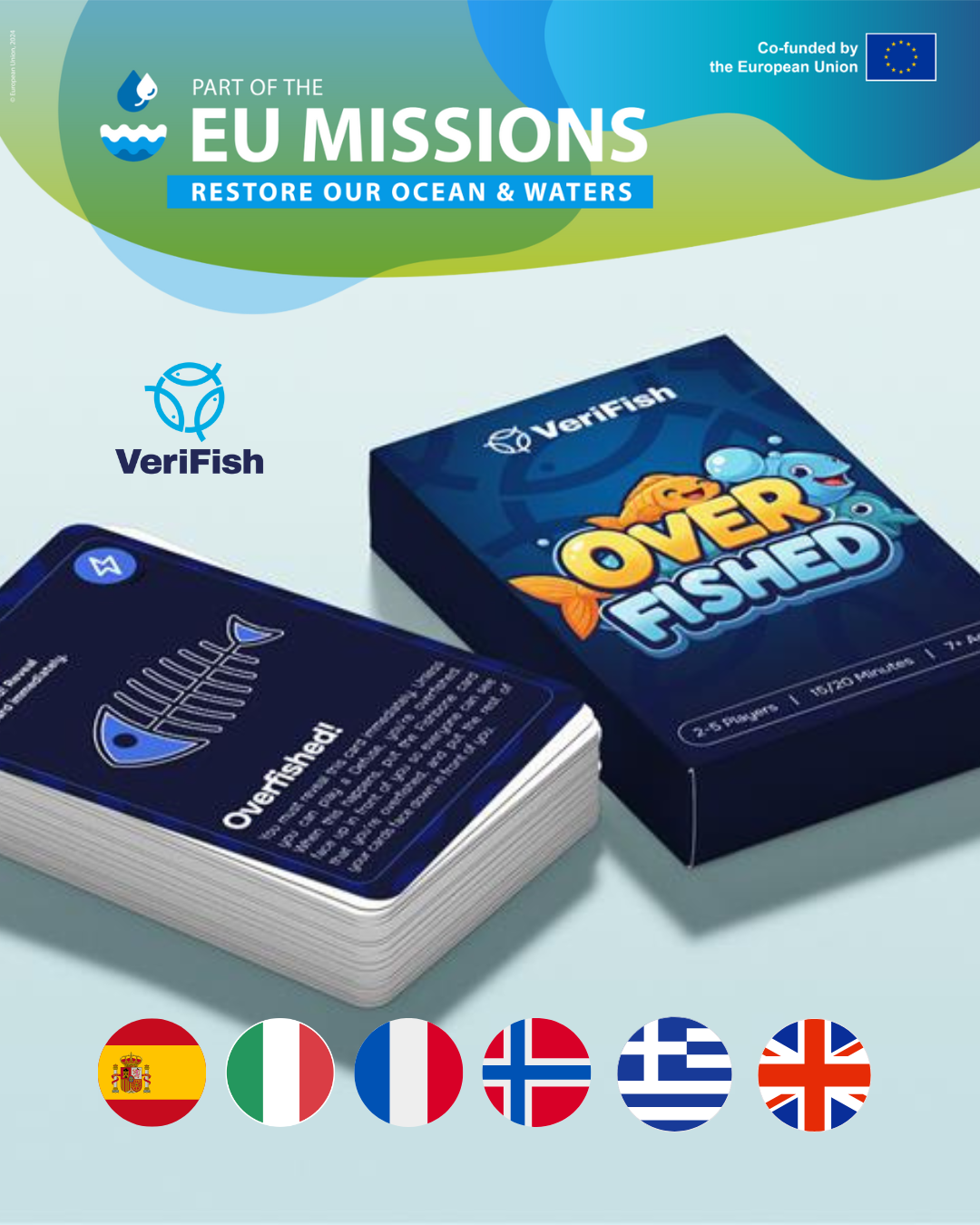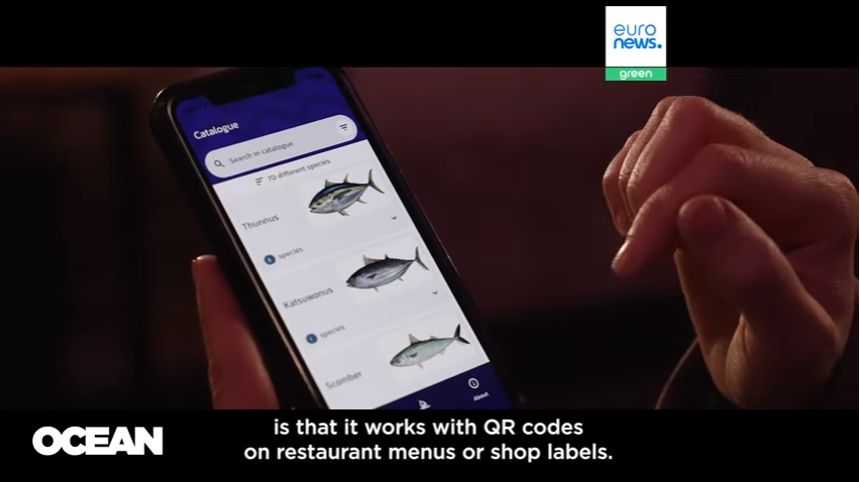This article is inspired by a debate piece originally published in Nordlys, written by Linn Anne Bjelland Brunborg, Divisional Director Aquaculture at Nofima, and Pirjo Honkanen, Head of Research, Market Research Department, which highlighted the challenges of fish consumption in Norway. While their analysis focused on Norway, the trends they describe reflect broader patterns seen across Europe, where seafood consumption is declining despite its health and sustainability benefits.
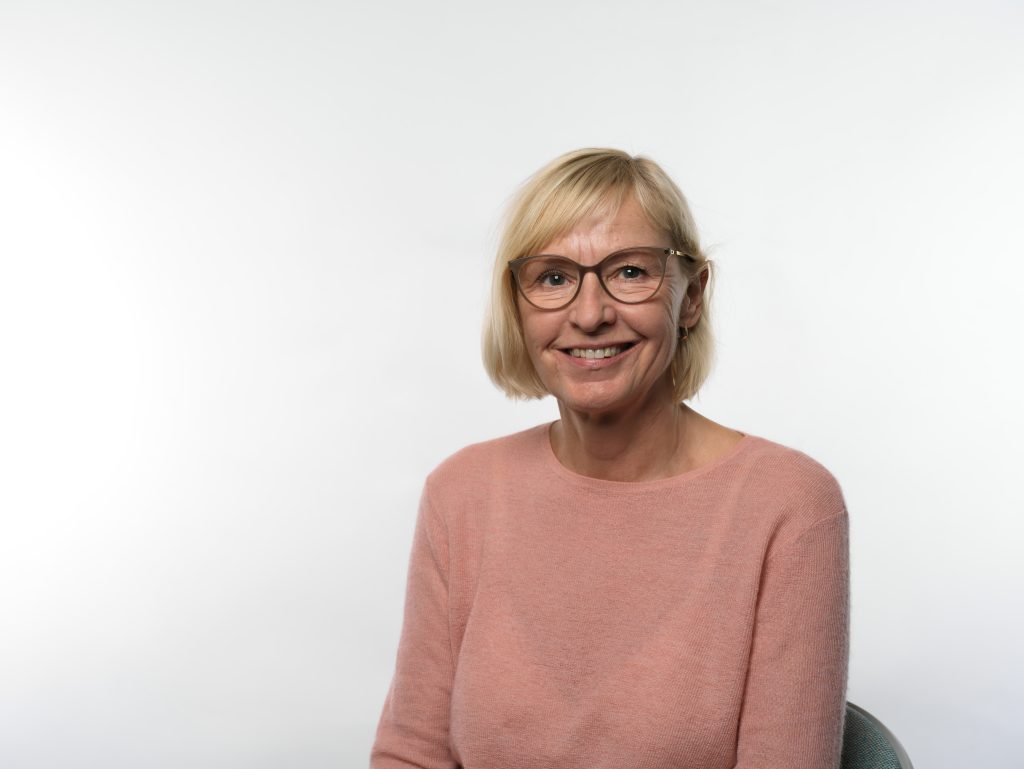
Photo: Wenche Aale Hægermark, Nofima
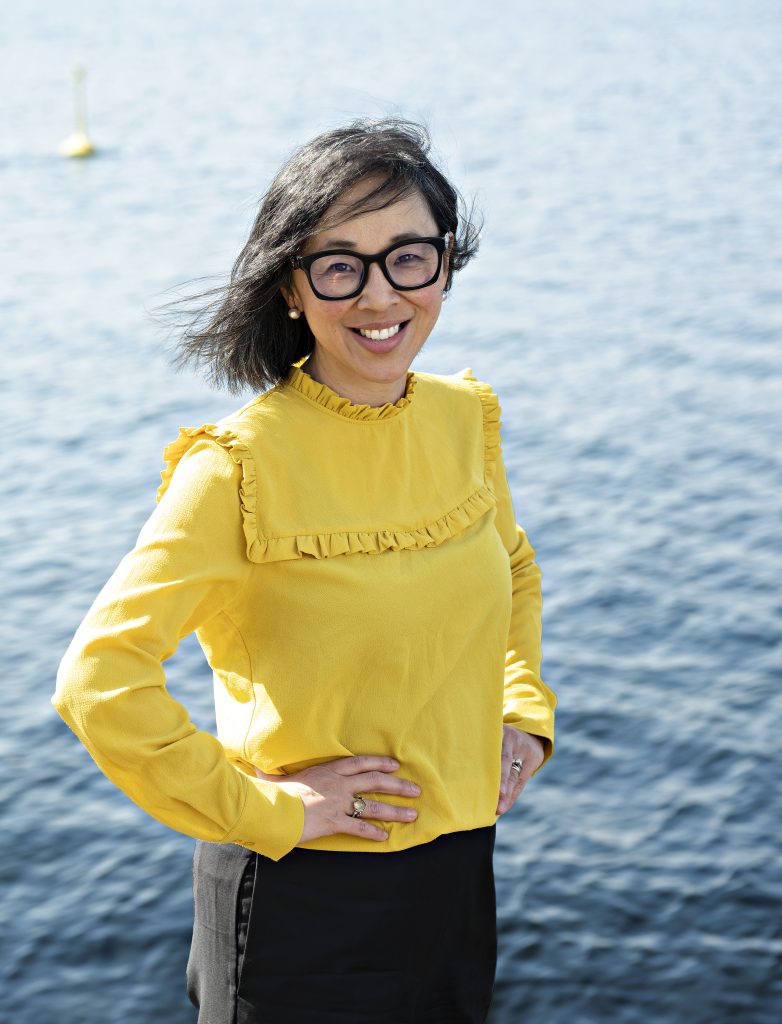
Photo: Audun Iversen, Nofima
A Decline in Fish Consumption Across Europe
The European seafood sector is undergoing significant changes. Reports show that seafood consumption is stagnating or declining in several EU countries. The reasons for this shift vary: some consumers cite higher costs compared to other protein sources, while others find seafood less convenient to prepare or are concerned about sustainability.
As highlighted in the Norwegian debate article, younger generations are increasingly turning to more processed and convenient foods, such as pasta and pizza, rather than fish. Similarly, in Europe, many consumers perceive seafood as a food for special occasions rather than a regular part of their diet. In addition, a lack of familiarity with seafood preparation has further reduced its appeal among younger audiences.
The Importance of Sustainable Seafood Consumption
Sustainable seafood consumption is crucial—not just for environmental protection but for food security, public health, and economic stability. Healthy fish stocks and responsible fishing practices ensure that marine ecosystems remain productive and resilient. Choosing sustainably sourced fish helps combat overfishing, reduce bycatch, and support local fishing communities.
Beyond sustainability, seafood is a vital source of essential nutrients, including omega-3 fatty acids, vitamin D, and high-quality protein. A reduction in seafood consumption could lead to deficiencies in these key nutrients, impacting public health in the long term.
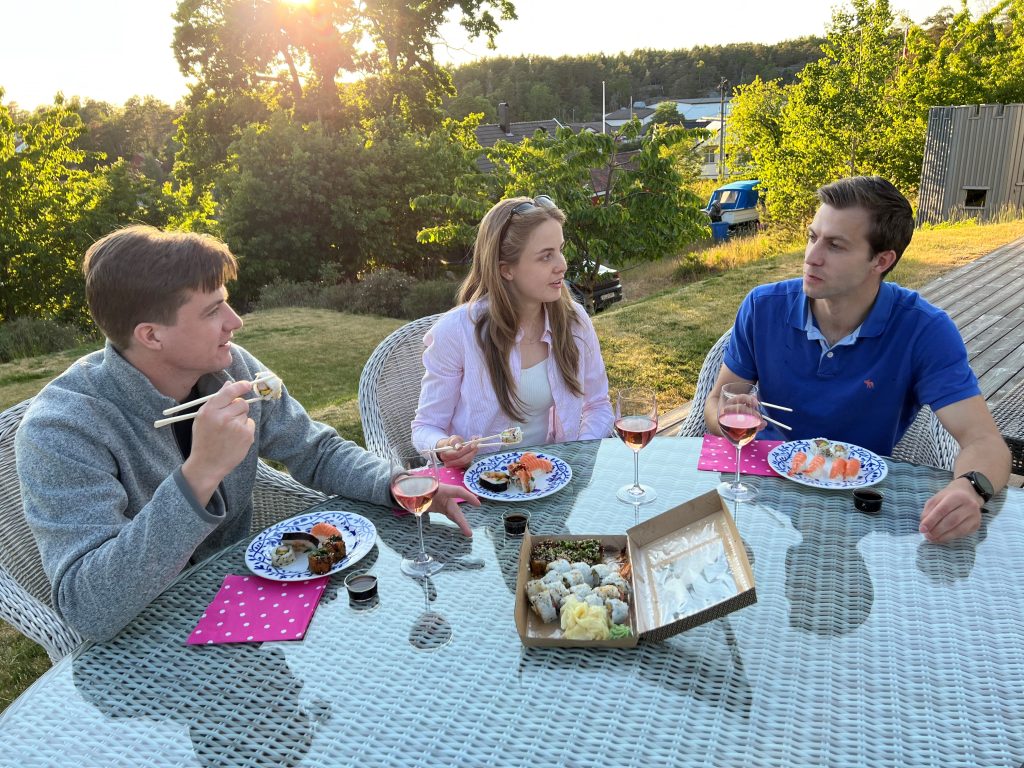
Photo: Wenche Aale Hægermark, Nofima
Encouraging Fish Consumption Among Young Generations
As Brunborg and Honkanen highlighted in the Norwegian context, reconnecting younger generations with seafood is essential. The same applies across Europe, where strategies must be developed to make seafood more convenient, affordable, and appealing. Some approaches include:
- Making Seafood More Accessible and Easy to Cook
Many people hesitate to cook fish because they perceive it as complicated. Providing simple recipes—such as fish tacos, seafood pasta, or salmon burgers—can help make seafood more approachable. - Increasing Awareness Through Education
Introducing seafood education in schools and universities can teach young people about the benefits of eating fish and how to prepare it. Interactive programs can encourage lifelong seafood consumption habits. - Highlighting Affordable, Sustainable Options
Many consumers assume that seafood is expensive, but there are budget-friendly, sustainable choices available. Educating the public about lesser-known species, such as mackerel, sardines, and pollock, can make seafood a more viable option. - Reinventing Seafood for Modern Tastes
Just as plant-based proteins have been adapted for contemporary diets, seafood products should also be reimagined. Ready-to-cook meals, marinated fillets, and seafood snacks can make fish more convenient and appealing. - Improving Transparency in Labeling
Consumers want to know where their food comes from. Clear, verifiable labels that indicate sustainability practices, nutritional value, and origin can increase confidence in seafood purchases.
A Collective Effort for Sustainable Seafood
The decline in seafood consumption presents challenges but also opportunities. Addressing this trend requires collaboration between policymakers, retailers, industry leaders, and researchers to make sustainable seafood accessible, affordable, and desirable.
The VeriFish Project is working to support these efforts by simplifying sustainability communication and empowering consumers with clear, reliable information. By developing a standardized framework of indicators that assess environmental, social, and nutritional aspects of seafood, VeriFish helps stakeholders make informed choices and promotes responsible consumption.
As the original Norwegian article emphasized, ensuring that fish remains an essential part of our diets requires a collective effort. By promoting sustainable fisheries, improving seafood education, and creating innovative products that appeal to modern lifestyles, we can help secure a future where seafood is not just a part of our culinary heritage but a cornerstone of a sustainable and healthy food system.


